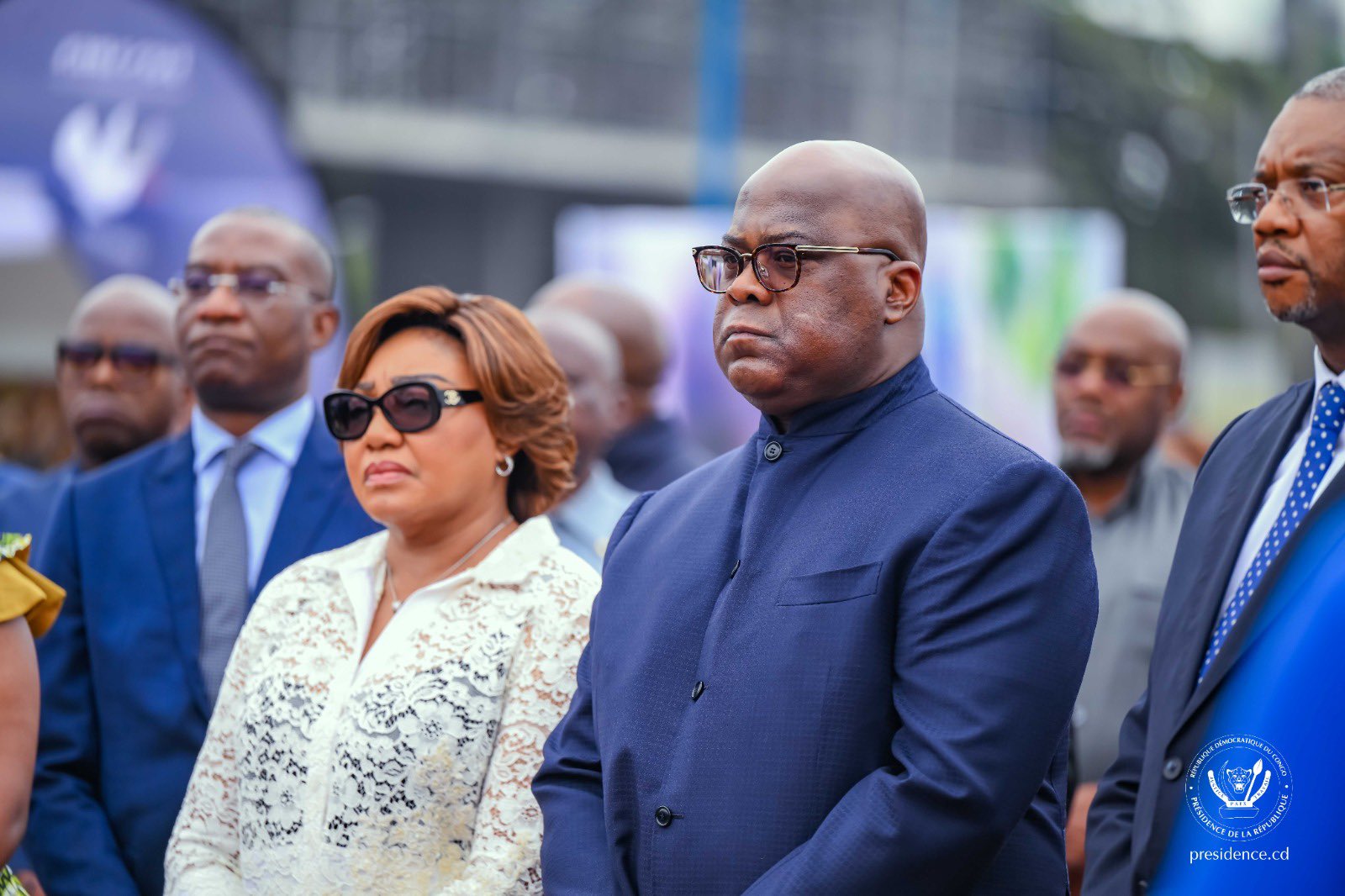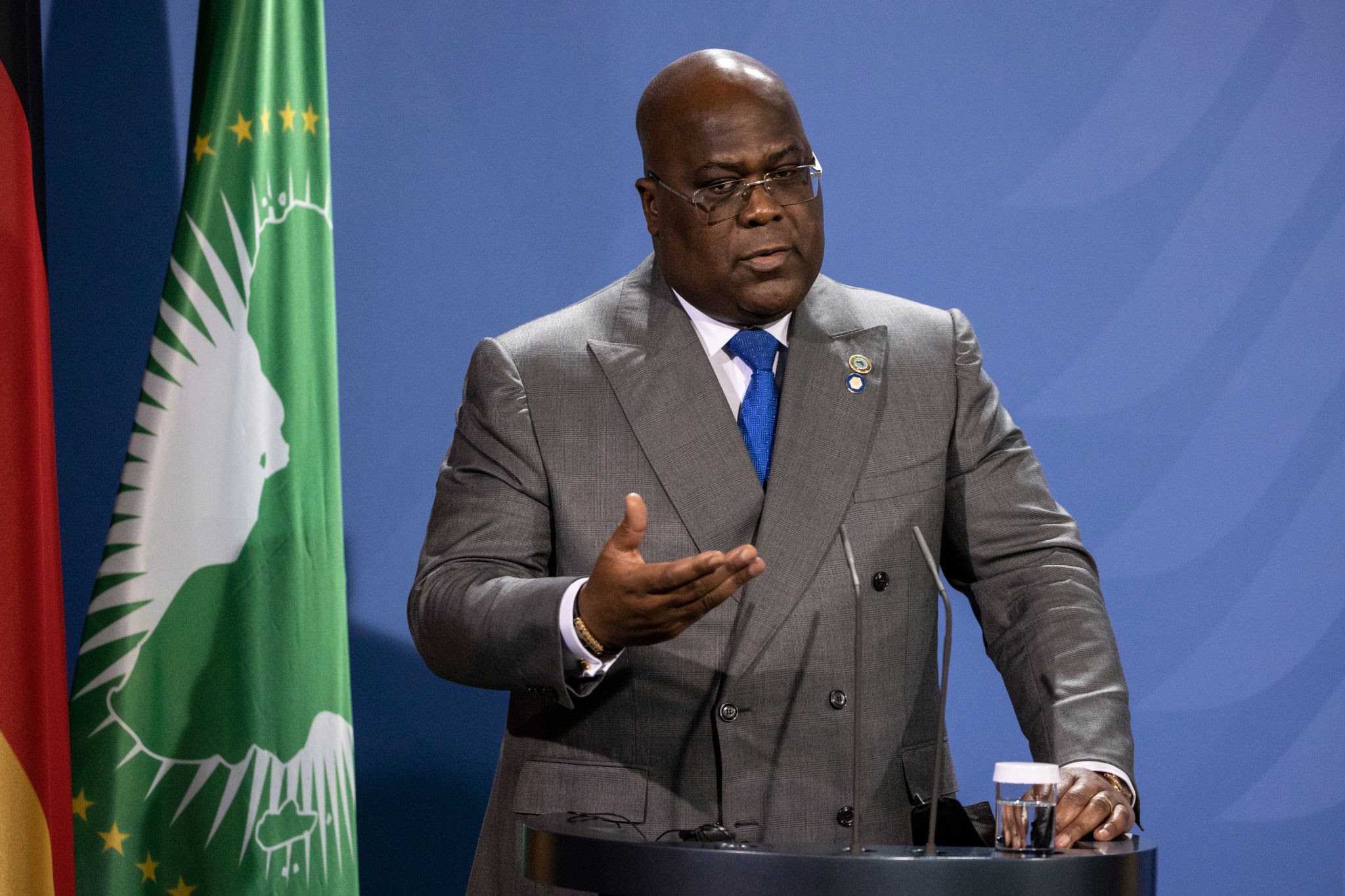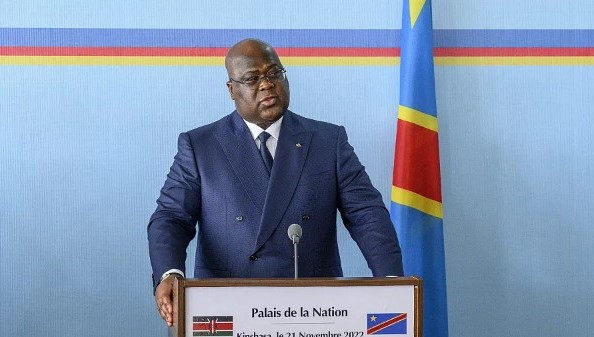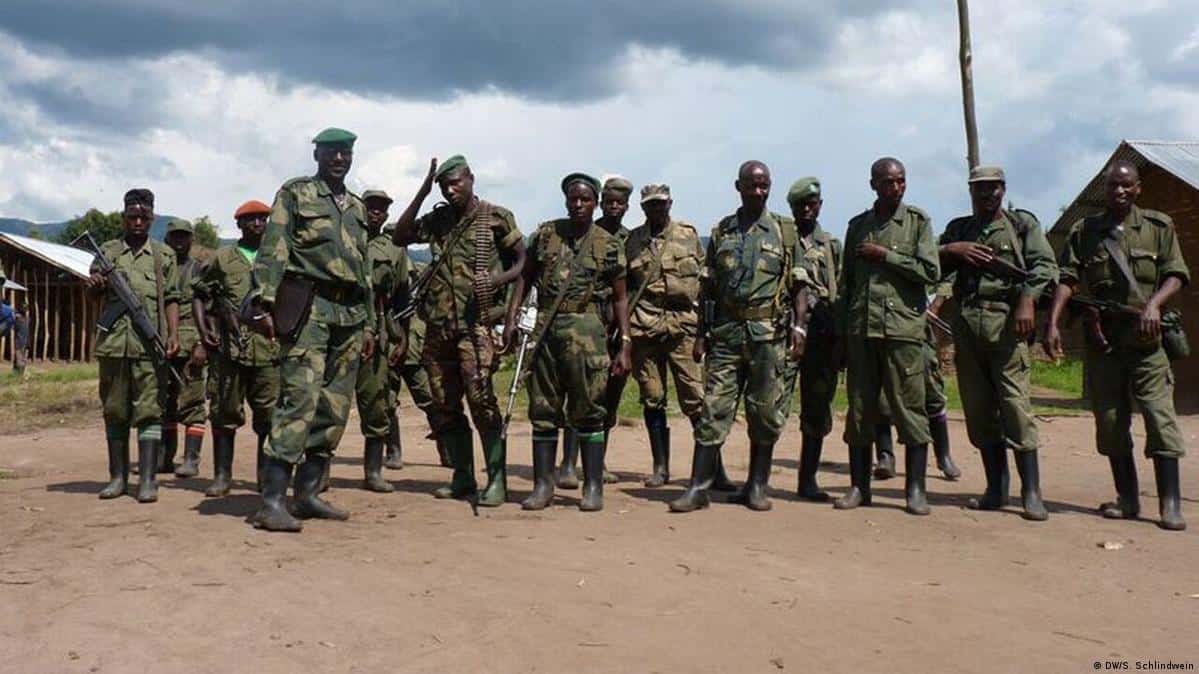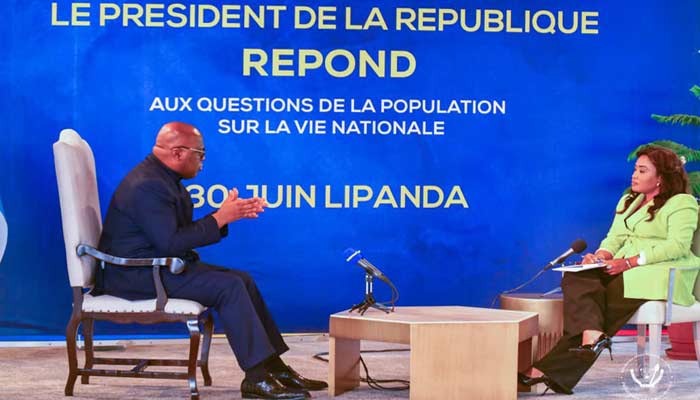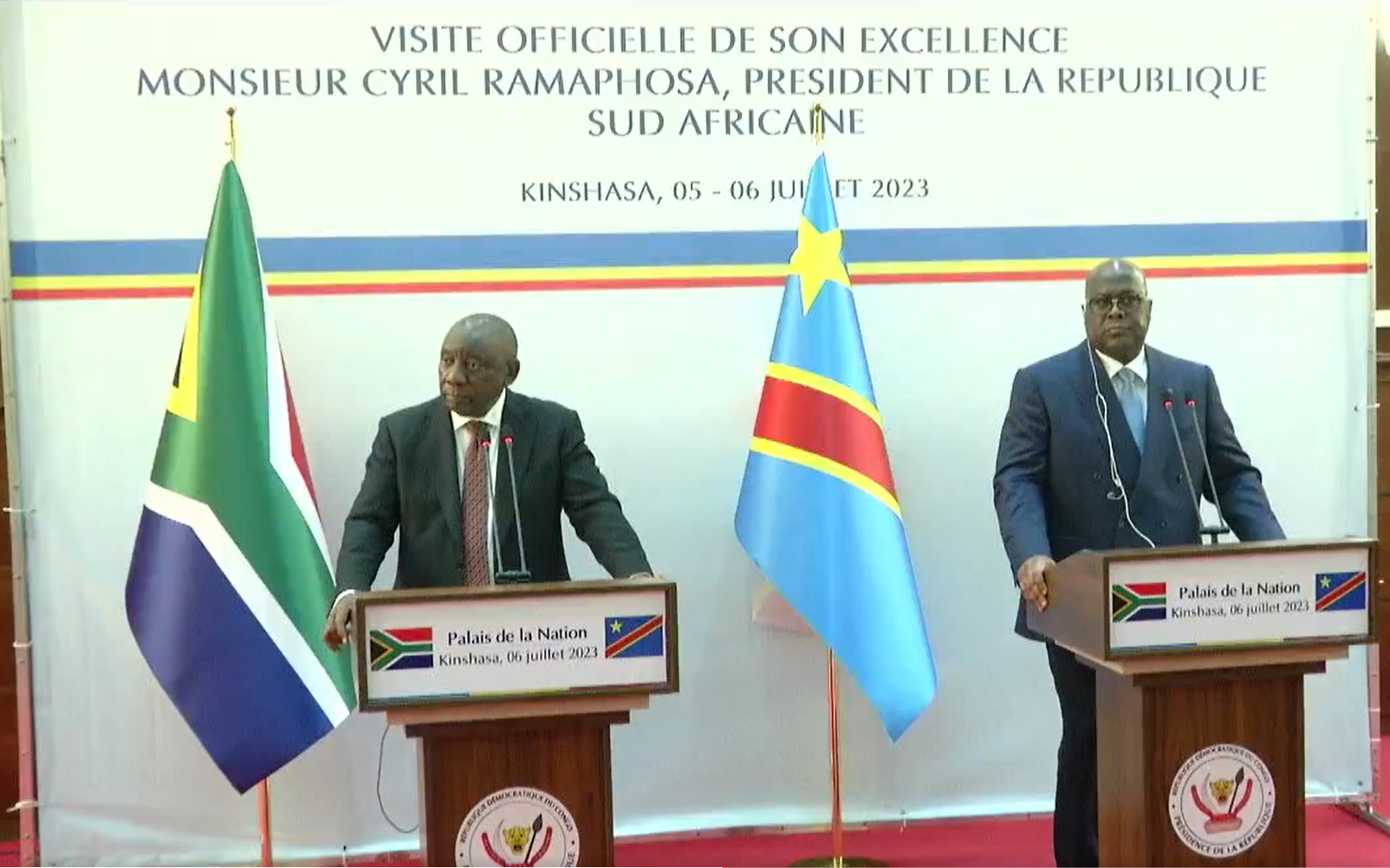Regional
DRC: Why Tshisekedi sacked his intelligence chief
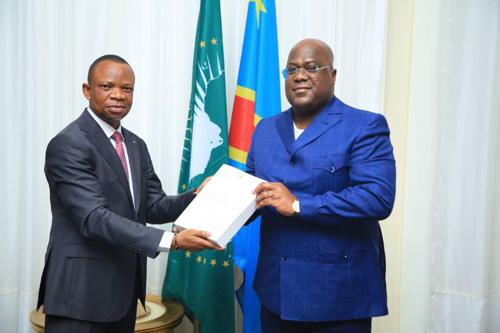
President
Felix Tshisekedi recently sacked Intelligence Chief Jean Hervé Mbelu.
The development comes when there is a
security crisis in the east of the country and only four months left to the
December general elections; an indication of a house embroiled in disagreements
not only on how to handle fundamental issues to do with the security of the
country, but also the electioneering dilemma that prevails.
Planned attack on Rwanda
Credible sources revealed to The Great Lakes Eye a grand plan by Tshisekedi to use the FDLR
militia, a UN sanctioned genocidal group, to launch an attack on Rwanda. The
FDLR were supplied with light weapons but feared that they could not attack
Rwanda without heavy weapons, which Kinshasa failed to provide.
Tshisekedi planned such that once the attack started, he
would be the first to raise alarm to the international community claiming that
his country had been attacked by Rwanda. In the absence of the attack on
Rwanda, the DRC armed forces (FADRC) would fake an attack on Goma and pretend
it was an external aggression by the neighboring country.
This would be justification to raise more accusations against
Rwanda, and to declare that the DRC was at war and, therefore, there was no
conducive atmosphere to hold elections in December.
The
sacking of the National Intelligence Agency (ANR) chief was partly linked to
his failure to put into action Tshisekedi’s desired attack on Rwanda.
Mbelu,
an experienced and professional intelligence officer, advised Tshisekedi to
hold talks with M23, which he believed would end the hostilities and bring
peace in eastern DRC. Instead, Tshisekedi accused Mbelu of being a sympathizer
of M23.
Observers
say that Mbelu is likely to end up in jail or be killed.
The
appointment of Daniel Lusadisu Kiambi, a man with a military background, as the
new intelligence chief is seen as a strategy to continue Tshisekedi’s plan
against Rwanda.
Lusadisu
received military training at the Royal
Military School (ERM) in Belgium and served in the Zairian Armed Forces
(FAZ), where he worked in the Special Presidential Division (DSP).
His military
background and anti-Rwanda attitude were important factors considered by
Tshisekedi for the nomination.
The elections factor
According to the electoral calendar released on November 26,
2022, by the Independent National Electoral Commission (CENI), voter registration was supposed to be
conducted between December 24, 2022 and
March 17, 2023, while the elections were scheduled to take place on December
20, 2023.
With only four months left to the
elections, CENI has neither completed the voters’ registration nor availed the
voting materials required.
Although in 2022, the United States government announced an
additional $13 million, in addition to its usual election support of $10.65
million, to support transparent, credible, and inclusive political processes in
the DRC, the electoral body’s chief, Dennis Kadima, who is very close to
Tshisekedi and his UDPS party, says CENI lacks funds to carry out its mandate.
Opposition politicians are questioning how the country can
conduct credible elections when the state of emergency put on two provinces -
Ituri and North Kivu - has not been lifted.
Credible sources revealed to The Great Lakes Eye that of recent, there have been secret talks
between Tshisekedi and his predecessor, Joseph Kabila, to agree on postponing
elections so that Tshisekedi can have a two-year transition on the pretext that
the country is still at war. The marriage of convenience, it is noted, will
also give Kabila assurance that he will not be persecuted for corruption
related allegations.
Among Mbelu’s other sins is that he had not done much to
crack down and weaken the opposition, which is currently too strong for
Tshisekedi to win elections if they held in December.
The M23 rebellion question
Although Tshisekedi believed that
he could silence the M23 rebellion by use of military force, the expectations
have reached a point of desperacy.
He spent hundreds of millions of dollars hiring foreign mercenaries,
forcing the government budget to rise from $9.94 billion dollars in
2022, to $16 billion in 2023, yet no tangible results have been
realized.
When the East African Community
Regional Force (EACRF) was deployed in eastern DRC, Tshisekedi expected that it
would help him fight M23. And when it did not happen, he ordered demonstrations
against the regional force and forced the replacement of then EACRF force
commander, General Jeff Nyagah.
It is clear that Mbelu failed to create grounds to expel
EACRF.
He has been under a lot of pressure to deliver on cunning tasks
that are practically difficult or even impossible. And it is going to cost him
heavily. But where does that live Tshisekedi? Will the new intelligence chief
deliver the goods?



